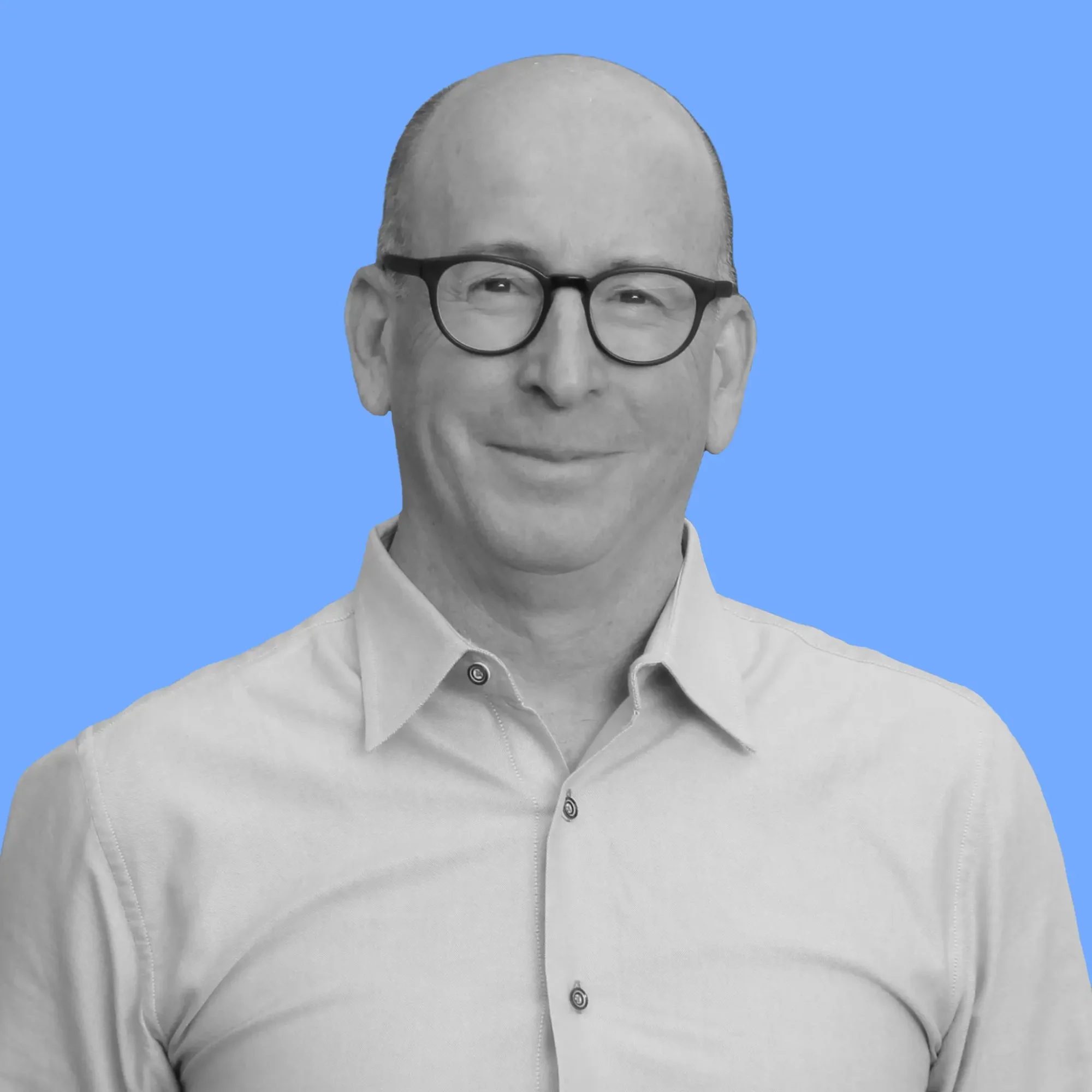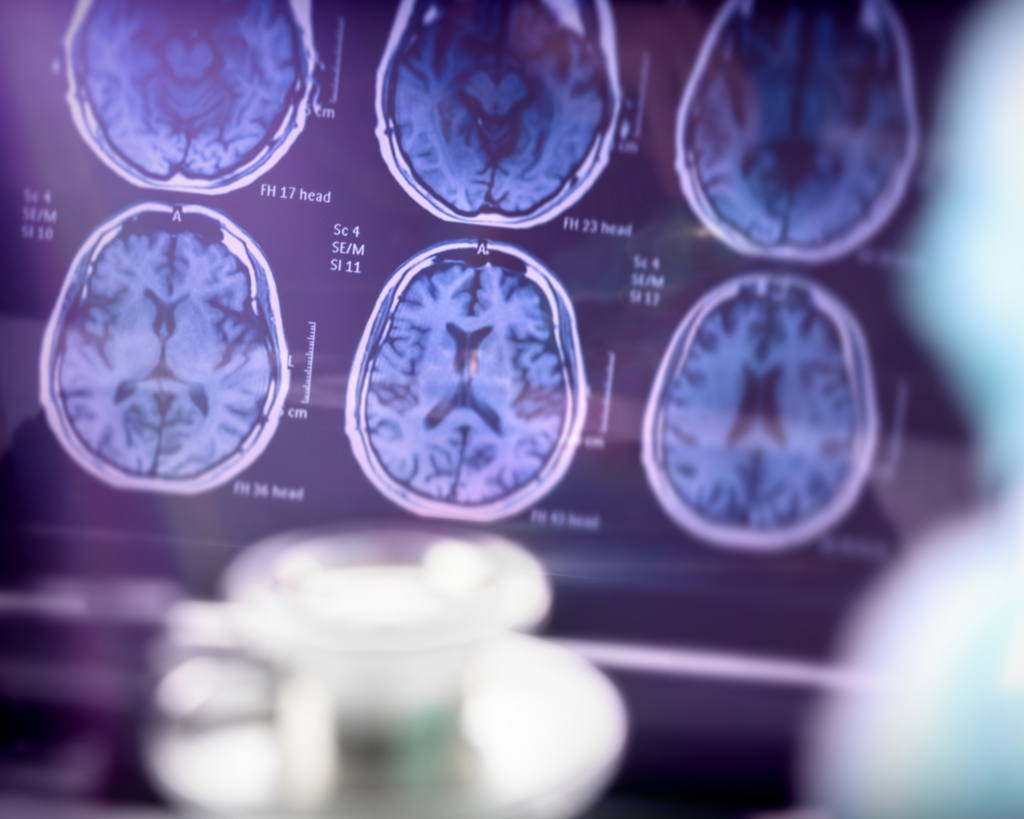Attacking Standards and Science
If Covid-19 has taught us nothing else, it’s that politicians need to train in ethics, in government, in the role of scientific inquiry.

Read Time: 6 minutes
Published:
In 2013, Greek statistician and economist Andreas Georgiou, president of his country’s independent statistics office, submitted his evaluation to European Union auditors that Greece was underreporting the size of its deficit to avoid economic sanctions. European Union economists validated his figures. Nonetheless, Georgiou was charged by the Greek government with making a false statement about the national deficit and charged with a felony, a crime that carried a possible life sentence.
On September 14 of this year, a top official in the Department of Health and Human Services suggested without evidence, that Centers for Disease Control scientists were engaged in “sedition” against the President of the United States. He didn’t need to point out that sedition, inciting revolt with the aim of overthrowing the government, is punishable by 20 years in prison. Two days later, the President himself claimed that the Director of Centers for Disease Control had provided “incorrect information” on Covid-19 vaccine distribution plans during Congressional testimony. Incorrect information in this instance sounds a lot like the false statement charge in the Georgiou case; here the charge would be lying to Congress, a federal crime.
While the charge of sedition was not pursued and this official was quickly removed from his duties, there are still plenty of statistics the current administration would rather not hear and might be willing to also call seditious if they weren’t themselves the cause. More than 200,000 Covid-19 deaths in an unchecked epidemic. Twelve million people who have lost medical insurance in half a year. An unemployment rate that tops 10% in many states.
The threats to those government officials who voice Covid-19 statistics have gone beyond job dismissal. In April, the Justice Department approved a request to dedicate nine special agents to protect Dr. Anthony Fauci and his family against ongoing death threats and harassment related to his work reporting findings as part of the White House Coronavirus task force. Health officials across California have received physical threats and protests at their homes following their recommendations and orders related to face-mask wearing and quarantine. The level of menace and threat reached the point where the California state assembly introduced legislation to shield health officers’ home addresses. This is the same privacy afforded to elected officials, law enforcement staff, and to judges.
To work for the government has at times been to work in a distinctly political atmosphere, during times of war in particular. In World War II, private scientists were drawn into weapons, engineering, and medication development work serving national defense interests when government agencies expanded control over certain kinds of scientific activity that required large-scale funding. With Covid-19, we are in one of those moments of special governmental interest in science. During the Red Scare of the late 1940s and 1950s, working scientists were monitored as threats and possible Communist sympathizers. Even private citizens such as physicist J. Robert Oppenheimer, brought on to direct the Manhattan Project, was accused of being a national security risk and lost his security clearance. Will the Covid-19 era produce new accusations of national security threats, of sedition?
More than 200,000 Covid-19 deaths in an unchecked epidemic. Twelve million people who have lost medical insurance in half a year. An unemployment rate that tops 10% in many states.
With clinical trial results to be announced in the next few months, what if the first vaccines are not found to be particularly protective? Will this administration ask if the study, or its analysis, is “incorrect” or worse, has been sabotaged? Was one our government scientists allowing another country to get there first? After all, China has three vaccines in efficacy trials. Will Moncef Slaoui, an immunologist who formerly headed vaccine development at GlaxoSmithKline (GSK), and is now the scientific leader of Operation Warp Speed, the administration’s multibillion-dollar crash program to develop a vaccine, be blamed for the failure? Slaoui is not a federal employee and to date says “there has been absolutely no (political) interference” in how Warp Speed has invested more than $10 billion in eight candidate vaccines. While Slaoui has warned that he would immediately resign” if there is undue interference in this process,” would four-star General Gustave Perna, the federal employee who is the chief operating officer and the ultimate decision-maker for Warp Speed, do the same?
In a 2011 survey of scientists at the Food and Drug Administration (FDA), collected at a time when confidence in the agency’s leadership was rising, most scientists reported feeling supported in their work and that “the FDA is acting effectively to protect public health.” Yet substantial numbers of respondents still thought that FDA decisions were overly influenced by political (55%) or business interests (40%). Over a third of those surveyed reported firsthand experience of interference in their work in the previous year. A decade later our current President has instigated an all-out crusade against the Food and Drug Administration. Last month, with no evidence, he accused the FDA of taking part in a “deep state” political conspiracy to harm his reelection campaign. This is the President who retweeted the statement: “Everyone is lying. The CDC…, our Doctors, not all but most, that we are told to trust.” Which suggests that everyone working on a vaccine — at the FDA, the CDC, at Warp Speed — is now suspect.
In June 2018, the Supreme Civil and Criminal Court of Greece sentenced Andreas Georgiou to two years on probation for violation of duty in not seeking appropriate approvals before sending his accurate debt statistics to EU officials. That same year, professional statistical societies commended Georgiou for his work in Greece, noting his “upholding of the highest professional standards in his public service in the pursuit of integrity of statistical systems.”
Public health statisticians, epidemiologists and physicians who analyze and present accurate Covid-19 data have studied and trained for years to work at the highest professional level. If Covid-19 has taught us nothing else, it’s that politicians need to train in ethics, in government, in the role of scientific inquiry. But under this administration it is the scientific posture — open, curious, withholding judgement until the facts are in — and those who assume it, who are at risk.
Photo via Getty Images



